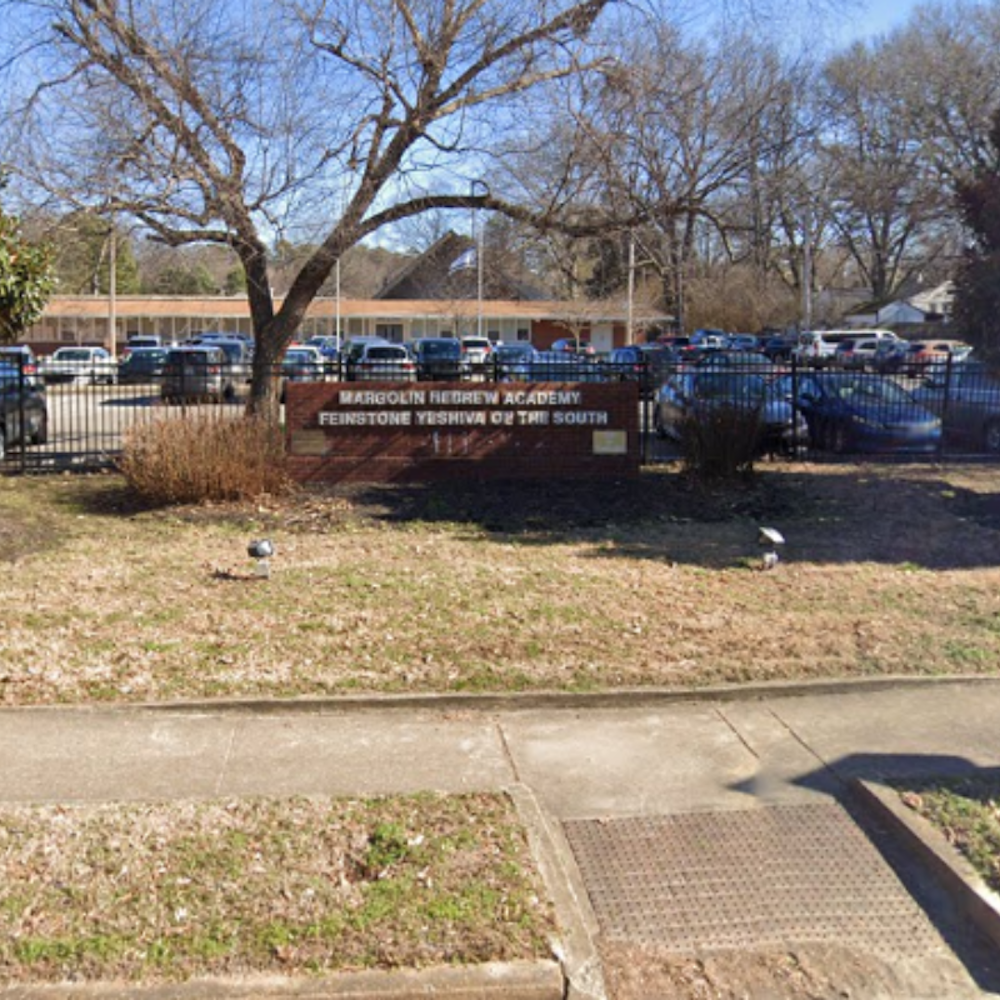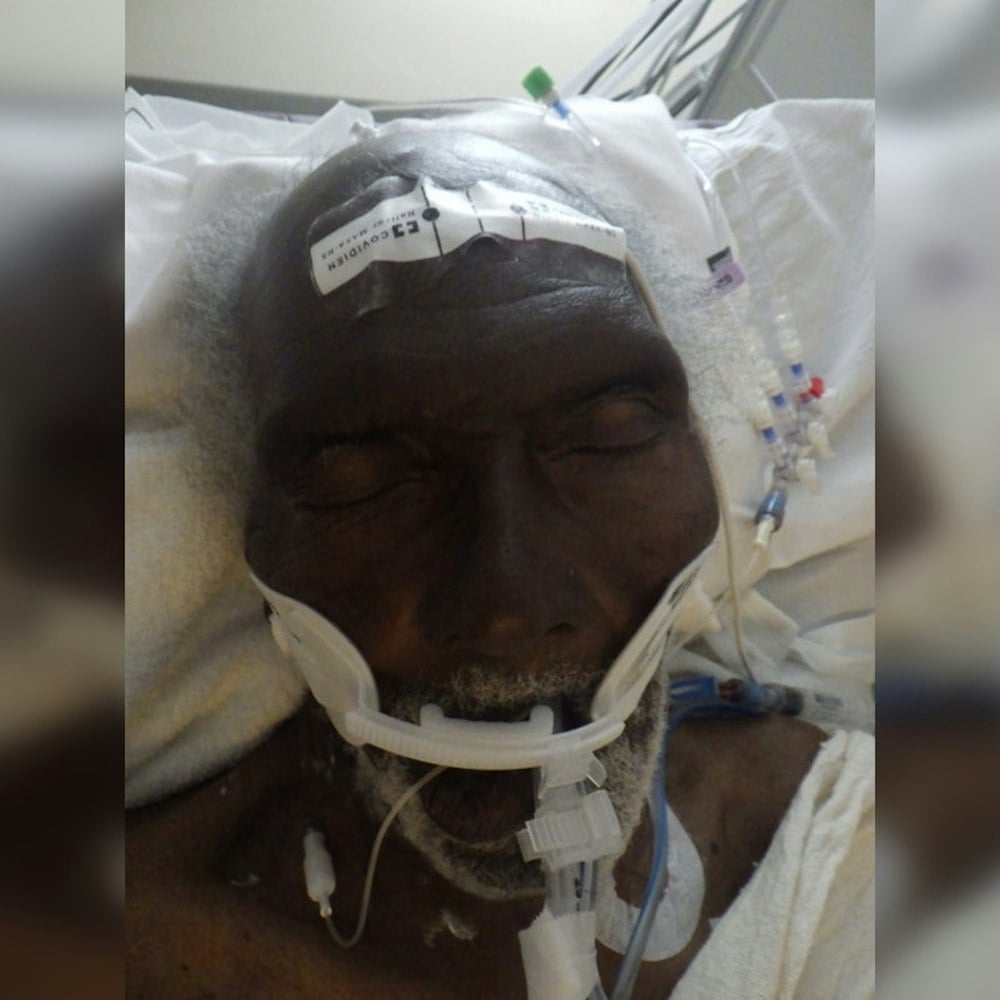
In the fight against the spread of COVID-19 within hospitals, a groundbreaking study by the University of California San Diego School of Medicine has shed new light on effective prevention protocols. The study, which was published in Clinical Infectious Diseases, investigated the impact of various safety measures in healthcare settings and their success in stemming transmission during the pandemic’s subsequent waves.
By utilizing high-end technology not previously deployed to quickly follow the virus's genetic trail, researchers determined that protocols like universal masking and stringent ventilation standards played critical roles in protecting patients and healthcare workers. Francesca Torriani, MD, noted the early days of the pandemic were fraught with uncertainty about transmission and prevention. "When the pandemic started, it was scary because initially we did not have rapid diagnostic nor treatments available, and we did not fully understand how the virus was transmitted or if our infection prevention protocols were adequate," Torriani stated in an interview with UC San Diego Health.
The sheer scale of the research encompassed the analysis of 12,933 virus samples from 35,666 individuals between November 1, 2020, and February 27, 2022, utilizing contact tracing and electronic health data to investigate the spread of the virus within the healthcare environment. This innovative approach allowed the team to evaluate transmission risks associated with variants during multiple pandemic waves.
One of the study's significant findings highlighted that the healthcare system's overarching adoption of preventive measures, including deploying robust testing and mandatory mask-wearing, successfully limited virus spread in these environments. Christopher Longhurst, MD, said in a statement provided to UC San Diego Health, "Even when hundreds of health care workers were becoming infected every week during the peak of the Omicron wave, we found that they were no more likely to acquire the virus in the hospital system." This counters the narrative that hospitals were ground zero for the transmission during the pandemic’s most aggressive phases.
Conducted meticulously through various analytical lenses, the data suggested that most transmissions happened outside the hospital setting, often where masking mandates were not followed, and notably in shared spaces like breakrooms. Shira Abeles, MD, echoed this sentiment, pointing out the effectiveness of healthcare safety measures, "Our analysis highlights that our health care system, with its safety measures including ventilation standards, robust viral testing, and early implementation of universal masking, was able to protect health care workers and patients during the pandemic," Abeles explained in a publication by UC San Diego Health.
As for the implications of their findings, the UC San Diego team feels this type of research could serve as a blueprint for future endeavors in combating highly infectious diseases. Longhurst underscored the potential of their methodological cocktail of digital social network analysis and genomic data to model infection spread, foreshadowing its use in future epidemic responses.
The study, partly funded by organizations such as UC San Diego Health and Jacobs Center for Health Innovation, included a diverse group of co-authors, indicating a broad collaborative effort to understand and fortify measures against such highly infectious diseases.
For the full study and a deeper look at these substantial findings, visit UC San Diego Health's official press release.


-1.webp?w=1000&h=1000&fit=crop&crop:edges)






